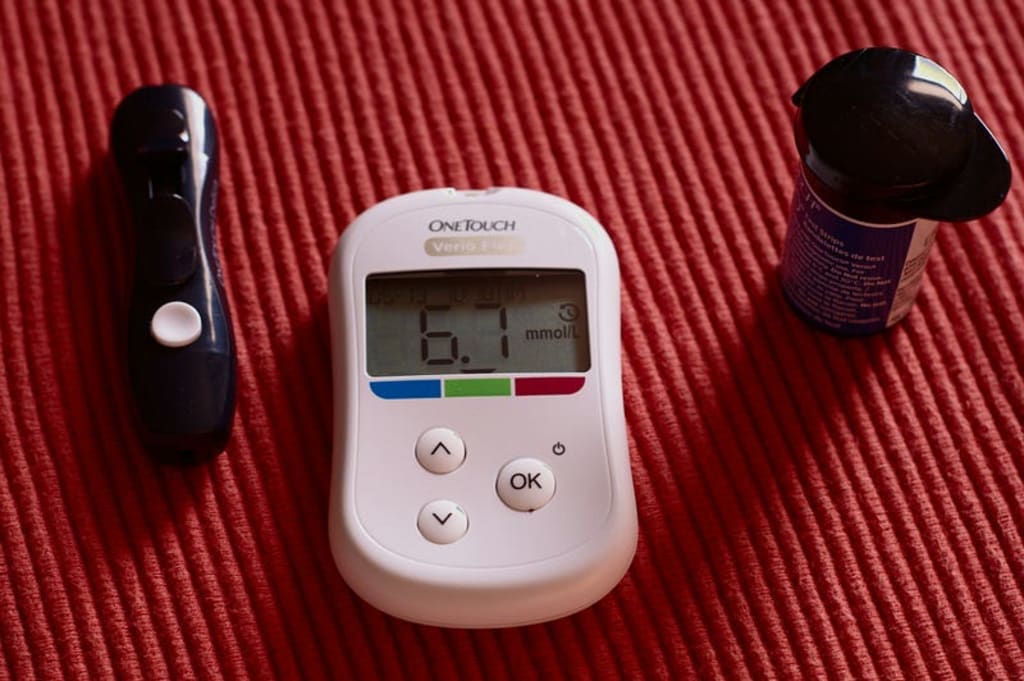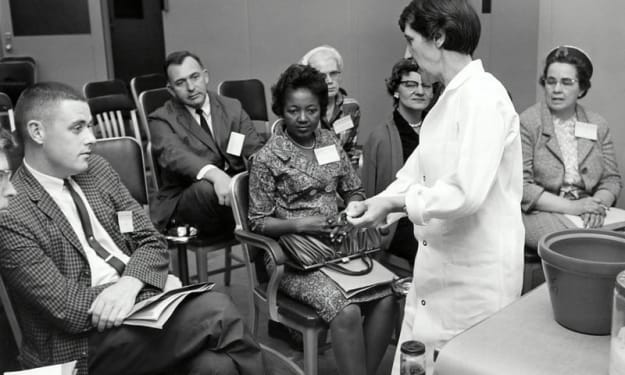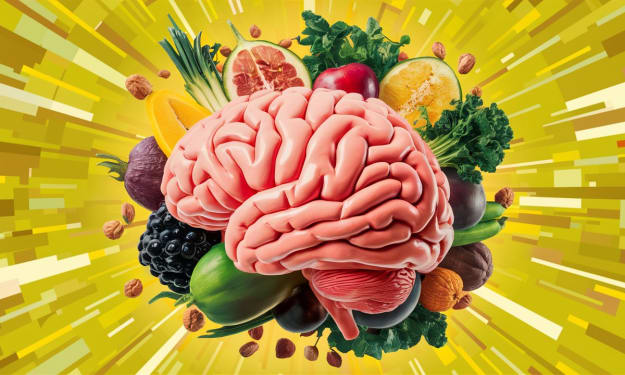Understanding Type 1 Diabetes: Causes and Care
Living with type 1 diabetes means facing daily challenges. But, with the right knowledge and support, you can manage it well.

This article will cover the causes, symptoms, and ways to handle type 1 diabetes. It aims to help you take charge of your health and live well.
Key Takeaways
- Type 1 diabetes is an autoimmune disorder where the body attacks and destroys the insulin-producing cells in the pancreas.
- Insulin therapy and regular blood glucose monitoring are essential for managing type 1 diabetes and maintaining healthy blood sugar levels.
- Dietary considerations, exercise, and lifestyle factors play a crucial role in managing type 1 diabetes and preventing complications.
- Emerging treatments, such as islet cell transplantation and artificial pancreas technology, offer hope for new and improved ways to manage the condition.
- Caring for children and adolescents with type 1 diabetes requires a comprehensive approach involving the family, healthcare providers, and education system.
What is Type 1 Diabetes?
Type 1 diabetes is when the body's immune system attacks the cells that make insulin. This means the body can't make insulin. Insulin is key for keeping blood sugar levels right. It's not caused by what you eat or how much you move.
Definition and Basics
This condition usually starts in kids or young adults. But it can happen at any age. When the immune system attacks the cells that make insulin, there's no insulin left. People with type 1 diabetes need insulin to keep their blood sugar right.
Differentiating from Type 2 Diabetes
- Type 1 and type 2 diabetes both affect how the body handles sugar. But they have different causes and treatments. Type 2 diabetes can come from being overweight or not moving enough. Type 1 diabetes is an autoimmune disorder that's not related to lifestyle.
- People with type 1 diabetes need insulin forever to keep their blood sugar stable. Those with type 2 diabetes might start with diet and exercise to manage it. If not, they might need insulin too.
"Type 1 diabetes is a chronic condition that requires lifelong management, but with proper care, individuals can live full, active lives."
Causes of Type 1 Diabetes
The exact cause of Type 1 diabetes is not known. But, it's thought to be an autoimmune disorder. This means the body's immune system attacks the cells that make insulin in the pancreas. Genetic factors and environmental factors like viruses might also help cause it.
Autoimmune Disorder
Type 1 diabetes is an autoimmune disorder. The immune system attacks the cells that make insulin in the pancreas. This makes it hard for the body to make insulin, which is needed to control blood sugar.
Genetic and Environmental Factors
Genetics are a big part of getting Type 1 diabetes. If your family has it, you're more likely to get it too. Viruses can also start the autoimmune reaction that leads to Type 1 diabetes.
"The exact cause of Type 1 diabetes is not fully understood, but it is believed to be an autoimmune disorder."
We don't know exactly why the immune system attacks in Type 1 diabetes. Researchers are looking into how genes, environment, and other things might play a part.
Symptoms of Type 1 Diabetes
Type 1 diabetes is a complex condition with many symptoms. It's important to know these signs for early detection and care. The main symptoms of type 1 diabetes are more thirst, peeing a lot, feeling very tired, and losing weight without trying.
Some people with type 1 diabetes might also get diabetic ketoacidosis. This is a serious issue from not having enough insulin. It can make you feel sick, throw up, and breathe fast.
On the other hand, hypoglycemia, or low blood sugar, can make you feel dizzy, confused, and even have seizures.
Getting diagnosed and treated quickly is key to handling these symptoms. Keeping an eye on your blood sugar, following your insulin plan, and making healthy choices can help manage type 1 diabetes.
"Early recognition of the symptoms of type 1 diabetes is critical for timely intervention and effective management of the condition."
Knowing the symptoms of type 1 diabetes like more thirst, losing weight without trying, or signs of diabetic ketoacidosis helps you act fast for your health.
Insulin Therapy and Blood Glucose Monitoring
For people with type 1 diabetes, insulin therapy is key. It helps control blood sugar levels. Getting it right is important for staying healthy and avoiding problems.
Insulin Administration Methods
There are many ways to give insulin, each with its own benefits. Some use multiple daily injections with a syringe or an insulin pen. This gives more control over how much insulin you get. Others choose insulin pump therapy, which sends insulin out slowly. This can keep blood sugar levels more stable.
Importance of Regular Monitoring
- Checking your blood glucose often is key for type 1 diabetes. It lets you see your levels, spot patterns, and adjust your insulin and lifestyle as needed.
- This helps stop hypoglycemia (low blood sugar) and hyperglycemia (high blood sugar). Both can be very bad if not caught.
- By watching your blood sugar closely, you can manage your diabetes better. This lowers the risk of long-term problems.
"Effective insulin therapy and diligent blood glucose monitoring are the cornerstones of successful type 1 diabetes management."
It's important to balance insulin use with regular blood glucose checks. This helps people with type 1 diabetes stay healthy and live well.
Managing Type 1 Diabetes
Managing type 1 diabetes is more than just using insulin. It's about eating right and living well too. These steps help people with type 1 diabetes control their health better and lower the risk of problems.
Dietary Considerations
Eating right is key for those with type 1 diabetes. It's important to learn how to count carbs. This means tracking how many carbs you eat at each meal.
This helps you adjust your insulin just right. It keeps your blood sugar levels healthy.
It's also good to eat foods that are full of nutrients. These include:
- Whole grains
- Lean proteins
- Fruits and vegetables
- Healthy fats
Exercise and Lifestyle Factors
Exercise is a big part of managing type 1 diabetes. It makes your body use insulin better, lowers blood sugar, and cuts down on complications. Aim for 30 minutes of moderate exercise most days, like walking, swimming, or biking.
Living a healthy life also helps with diabetes management. This means getting enough sleep, handling stress, and not smoking or drinking too much alcohol. By taking care of your health in all these ways, you can control your diabetes better and feel better overall.
"Effective management of type 1 diabetes requires a delicate balance of insulin therapy, dietary choices, and lifestyle factors."
Complications of Type 1 Diabetes
Living with type 1 diabetes means you need to manage it well and see your doctor often. If you don't, it can cause serious problems now and later. These problems can really affect your health and how you feel.
Short-term Complications
Diabetic ketoacidosis and hypoglycemia are two big worries with type 1 diabetes. Diabetic ketoacidosis happens when your body doesn't have enough insulin. This leads to too many acids called ketones. You might feel sick, throw up, or have trouble breathing.
Hypoglycemia is when your blood sugar gets too low. It can make you confused, have seizures, or even pass out.
Not managing type 1 diabetes can lead to serious problems over time. These include:
- Neuropathy: This is nerve damage that can make your hands and feet feel numb, tingle, or hurt.
- Nephropathy: Kidney disease that can get worse and even cause kidney failure if not treated.
- Retinopathy: Eye problems that could make you lose your sight or even go blind.
Seeing your doctor often and taking good care of yourself is key to avoiding these serious problems.
"Keeping your blood sugar under control is the best way to stop or slow down diabetes problems."
Type 1 Diabetes in Children and Adolescents
Managing type 1 diabetes in kids and teens is very important. This condition means the body can't make insulin. Kids need insulin therapy and to check their blood sugar often to stay healthy.
Kids and teens with type 1 diabetes must work with doctors, caregivers, and teachers. They need to learn how to give themselves insulin the right way. This helps keep their blood sugar safe.
Checking blood sugar often is key for kids with type 1 diabetes. This helps them and their families make good choices about insulin, food, and exercise. It keeps them healthy.
"Empowering children and adolescents with type 1 diabetes to actively participate in their care is essential for their long-term wellbeing."
Caregivers and teachers help kids with type 1 diabetes a lot. They work with doctors to make sure kids can manage their diabetes at home and at school. This makes a safe place for them to live and learn.
With the right care, kids and teens with type 1 diabetes can live happy lives. We can help them by understanding their needs and giving them the support they need. This lets them take charge of their diabetes and do well.
Emerging Treatments and Research
Researchers are working hard to help people with type 1 diabetes. They are looking at new treatments and technologies. One area they're focusing on is islet cell transplantation.
This is when they take insulin-making cells from a donor and put them into someone with type 1 diabetes. It could help the body make insulin again, making insulin shots less needed.
Islet Cell Transplantation
Islet cell transplantation could change how people manage their diabetes. It might help control blood sugar levels better. This could mean less need for insulin shots.
So far, it looks promising. It gives people hope for a better life with diabetes.
Artificial Pancreas Technology
Artificial pancreas technology is another big step forward. It uses a device that watches your blood sugar and gives insulin when needed. This makes managing diabetes easier and less work for people.
This technology is getting better all the time. It could change how people with type 1 diabetes live their lives. It could make taking insulin easier and more convenient.
FAQ
What is Type 1 Diabetes?
Type 1 diabetes is when the body attacks and destroys the cells that make insulin. This means the body can't make insulin. Insulin is key for controlling blood sugar levels. It's different from Type 2 diabetes, which is caused by not using insulin well.
What causes Type 1 Diabetes?
We don't know all about Type 1 diabetes yet. But it seems to be an autoimmune disease. This means the body attacks the cells that make insulin. Things like viruses might also play a part in getting it.
What are the symptoms of Type 1 Diabetes?
Symptoms include feeling very thirsty and needing to pee a lot. You might also feel tired, lose weight, and see blurry. Sometimes, you could get very sick from not having enough insulin. Getting help quickly is very important.
How is Type 1 Diabetes treated?
The main way to treat it is by using insulin. This can be shots or an insulin pump. Keeping an eye on your blood sugar is also key to staying healthy.
How can Type 1 Diabetes be managed?
Managing it means using insulin, eating right, and staying active. Eating well, counting carbs, and moving a lot helps. Living a healthy life makes it easier to handle the disease.
What are the potential complications of Type 1 Diabetes?
Without good care, it can cause serious problems. These include getting very sick from not having enough insulin. Long-term, it can hurt your nerves, kidneys, or eyes. Taking care of yourself is very important.
How is Type 1 Diabetes managed in children and adolescents?
Kids and teens with Type 1 diabetes need special care. They use insulin and check their blood sugar often. Doctors and teachers work together to help them manage their diabetes well.
What are some emerging treatments and research for Type 1 Diabetes?
Scientists are finding new ways to help with Type 1 diabetes. One idea is to transplant insulin-making cells from donors. They're also working on a device that can automatically give insulin when needed. These could change how we manage the disease.





Comments
There are no comments for this story
Be the first to respond and start the conversation.